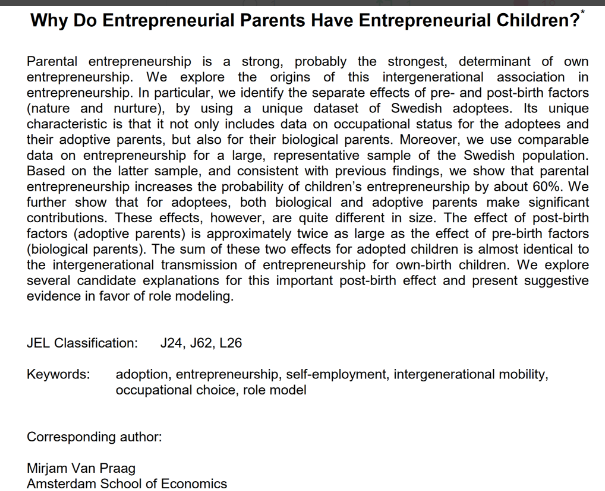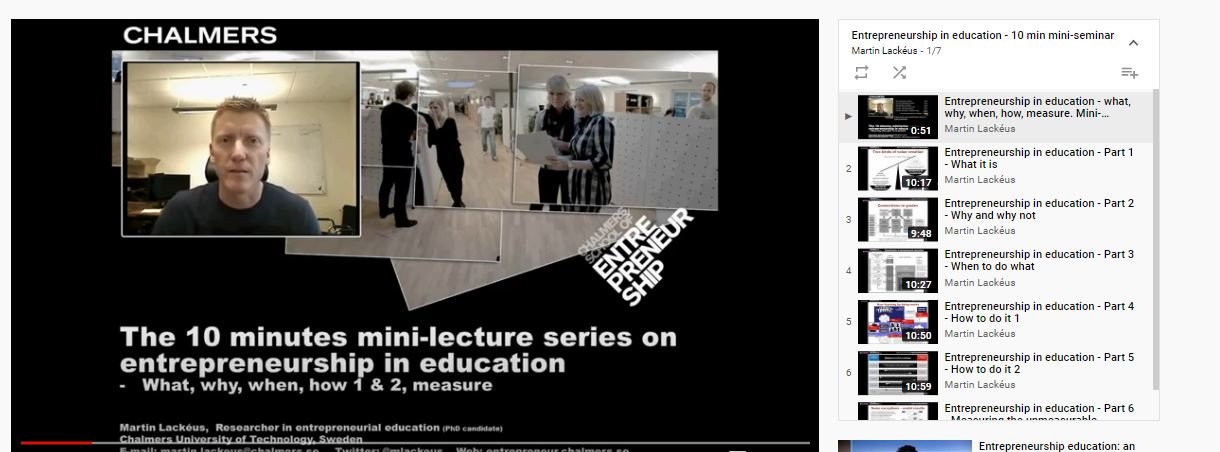This study “Accelerator expertise: Understanding the intermediary role of accelerators in the development of the Bangalore entrepreneurial ecosystem” looked at the intermediary role of accelerators in the developing regional entrepreneurial ecosystem of Bangalore.
Researchers Suresh Bhagavatula, Ketan Goswami and J. Robert Mitchell analyzed data from 54 interviews with accelerator graduates, accelerator managers, and other ecosystem stakeholders and from 49 websites, 13 online video interviews, 26 online news sources, and 301 pages of policy documents.
They adopted a socially situated entrepreneurial cognition approach to theorize how accelerator expertise,
- Existing at a meso‐level,
- Intermediates between (micro‐level) founders and the (macro‐level) ecosystem.
In this model researchers focused on four different types of accelerator expertise :
- connection
- development
- coordination
- and selection
which together increase stakeholders’ commitment to the entrepreneurial ecosystem, leading to venture validation (success or failure) and ecosystem additionality.
The findings indicate that accelerators contribute to ecosystems in a way that is distinct from, but supportive of, building individual ventures.

